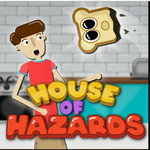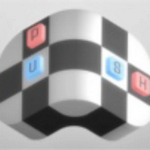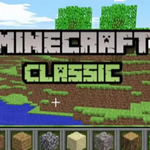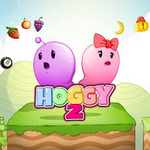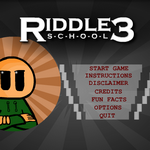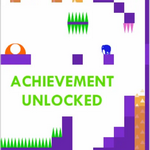
achievement unlocked Unblocked
## Achievement Unlocked: The Psychology of Gaming Progress
From unlocking a new character in a role-playing game to finishing a challenging level, the feeling of accomplishment in video games is undeniable. Known as "achievement unlocked," this satisfying sensation is more than just a digital reward; it's a key part of what makes gaming so addictive and engaging.
The Dopamine Rush:
The feeling of achievement unlocked is intrinsically linked to our brain's reward system. When we complete a task, especially one that requires effort and skill, our brains release dopamine, a neurotransmitter associated with pleasure and motivation. This is why unlocking a new item, leveling up, or completing a difficult challenge feels so rewarding.
Beyond the Instant Gratification:
The appeal of achievement unlocked extends beyond a simple dopamine rush. It's also about:
* Progress and Growth: Each achievement represents a step forward in our virtual journey. This sense of progress fuels our motivation to continue playing and push ourselves further.
* Sense of Mastery: Unlocking achievements can be a tangible reminder of our skills and abilities, contributing to our sense of competence and self-efficacy.
* Social Recognition: Many games allow players to share their achievements with friends, generating social validation and further enhancing the feeling of accomplishment.
* Motivational Tools: Achievements can act as a powerful motivator, encouraging players to explore the game's content, experiment with different strategies, and overcome challenges they might have otherwise avoided.
The Dark Side of Achievement:
While achievement unlocked can be a powerful motivator, it can also have downsides. The relentless pursuit of achievements can lead to:
* Burnout: The constant pressure to unlock achievements can create a sense of overwhelming pressure, leading to exhaustion and fatigue.
* Anxiety: For some players, the fear of not achieving a specific goal can lead to frustration and anxiety.
* Addiction: The addictive nature of achievement unlocked can lead to excessive gaming, neglecting other important aspects of life.
Balancing the Scales:
The key lies in finding a balance. Gamers should focus on enjoying the game itself, rather than solely chasing achievements. Setting realistic goals and taking breaks when needed are essential to avoid burnout.
The Power of Achievements:
Ultimately, achievement unlocked is a powerful tool in game design, contributing to player engagement, motivation, and satisfaction. By understanding the psychology behind it, gamers and developers alike can harness its positive aspects while mitigating potential downsides, creating a truly rewarding and engaging gaming experience.

